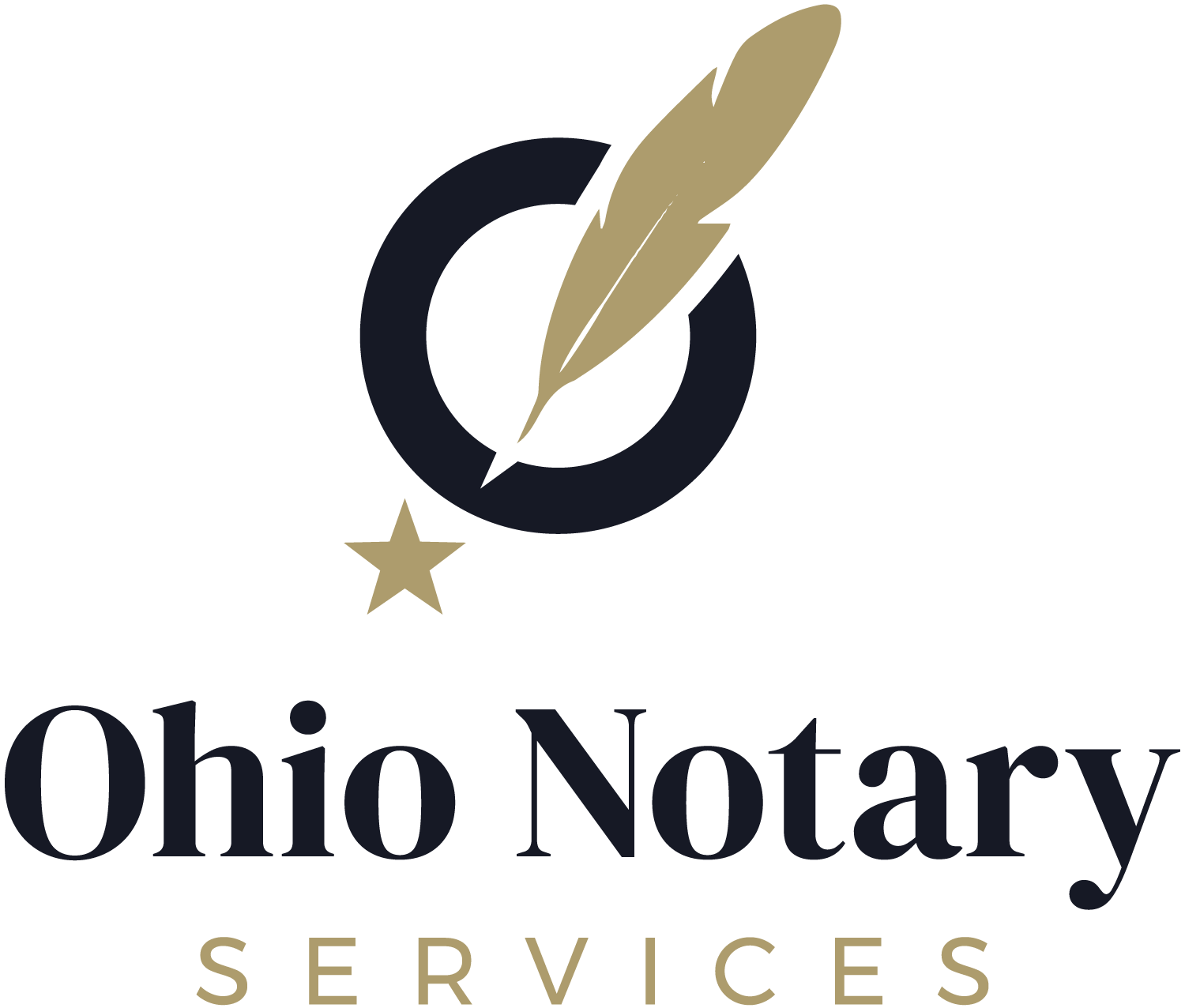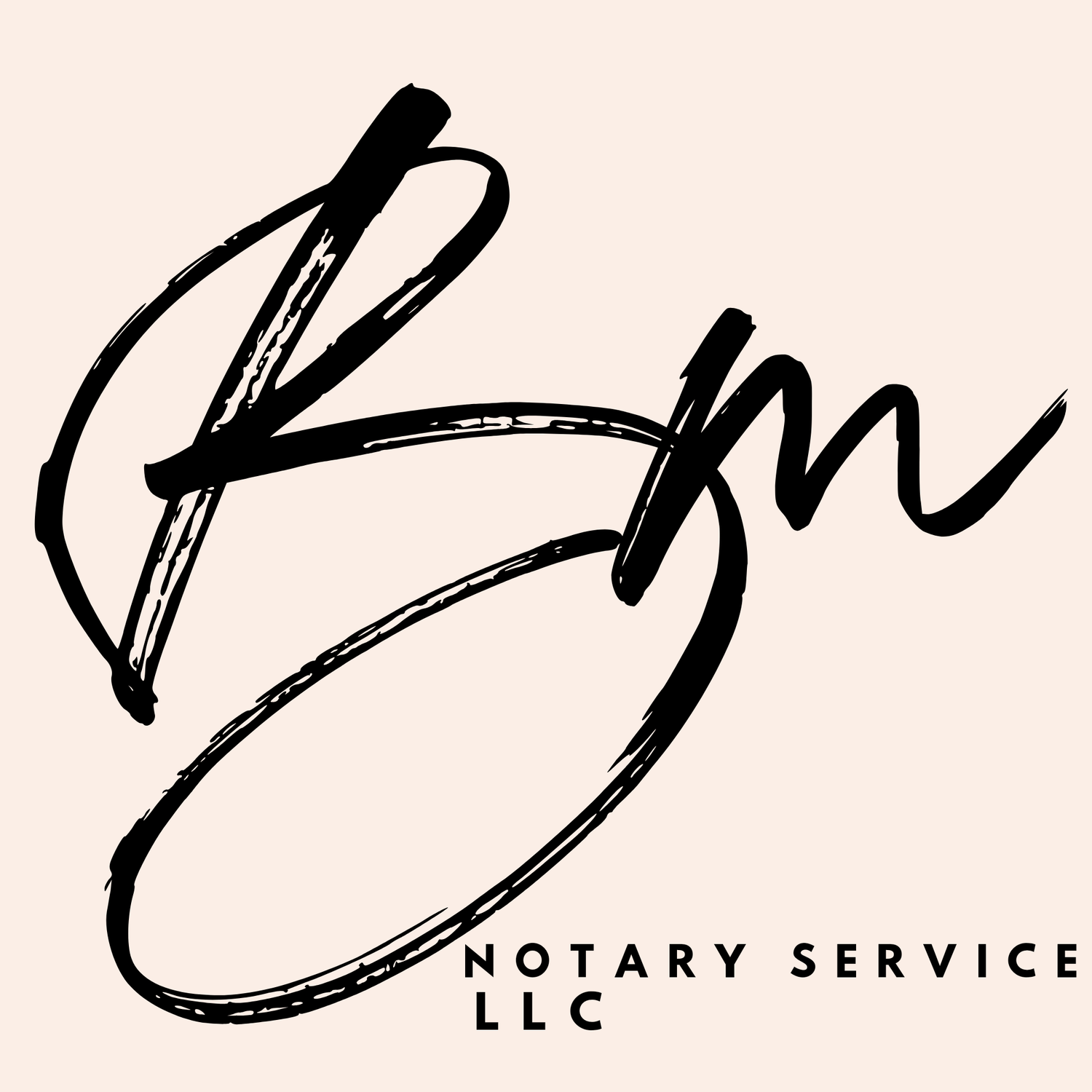Experienced Conveyancer: Navigating Residential Or Commercial Property Transfers with Expertise
Experienced Conveyancer: Navigating Residential Or Commercial Property Transfers with Expertise
Blog Article
Demystifying Notarial Job: Streamlining the Role and Importance of Notaries
In the complex internet of lawful documentation and confirmation, notaries stand as columns of guarantee and authenticity. Their role, typically shrouded in secret for numerous, lugs considerable weight in guaranteeing the validity and honesty of essential files. As guardians of legitimacy and reality, notaries play a critical component in our culture, yet their job is not constantly completely understood. By untangling the intricacies surrounding notarial techniques and dropping light on the significance of their acts, a more clear understanding arises of the vital role notaries play in supporting the textile of lawful and contractual contracts.
The History of Notarial Work
Exactly how did notarial work advance gradually to become an essential part of legal and service transactions? The history of notarial work dates back to ancient human beings, where scribes played an important role in tape-recording vital details and validating records. As societies progressed, the need for an extra formalized system to make certain the credibility of agreements emerged. This resulted in the development of notaries, people appointed by the state to function as objective witnesses in legal issues.
During the Middle Ages, notaries acquired prestige in Europe, with their features expanding to include composing legal papers, accrediting trademarks, and maintaining records. The rise of global trade better highlighted the relevance of notarial operate in confirming contracts and agreements throughout boundaries.
In the contemporary era, notaries continue to play a vital duty in legal and business deals by verifying identifications, validating the credibility of records, and avoiding fraud. Their function in certifying the validity of agreements adds a layer of security and depend the ever-evolving landscape of commerce and law.

Obligations and Duties of Notaries
Notaries play a vital function in verifying the credibility of documents and the identity of signatures. One of their primary obligations is to witness the finalizing of essential files, such as acts, wills, and agreements, to guarantee that all celebrations are getting in into contracts knowingly and voluntarily.
Furthermore, notaries are charged with carrying out affirmations and oaths, which are crucial in legal procedures and the execution of sworn statements. They license duplicates of original papers, giving guarantee to institutions that the copies hold true replicas of the originals. Notaries need to keep exact documents of all purchases they oversee to ensure transparency and responsibility. Generally, the obligations and duties of notaries are essential in protecting the integrity and legitimacy of different papers and deals.
Notarial Certificates and Signatures
Exemplifying precise attention to information, notarial certifications and trademarks function as essential elements in verifying the authenticity of legal papers. Notarial certificates typically include essential Our site information such as the date of notarization, the names of the signatures, a summary of the file, and the notary's official seal. These certifications supply a clear record of the notarial act, ensuring that the record can be quickly identified and mapped back to the notary who oversaw the procedure.
Signatures play a pivotal role in notarial job, as they represent the agreement and authorization of the parties entailed. Notaries meticulously witness the signing of files to validate the identity of the signatures and confirm that they are authorizing of their own free choice. By attaching their main seal and signature to the record, notaries certify that the essential procedures have actually been adhered to and that the file is valid and enforceable.
In significance, notarial certificates and signatures are the trademark of authenticity in legal deals, supplying assurance to all celebrations entailed that the documents are legit and binding.
Importance of Notarial Acts

Registration Refine Clarified
Explaining the notarization process offers clarity on the necessary actions included in confirming lawful files. The notarization process generally starts with the specific offering the paper to a notary public. The notary after that confirms the signer's identity via appropriate identification methods. When the identification is verified, the notary guarantees that the private signing the record does so voluntarily and with no coercion.

Final Thought

Notarial certifications commonly contain important details such as the day best site of notarization, the names of the signatories, a description of the paper, and the notary's main seal. These certifications give a clear record of the notarial act, guaranteeing that the paper can be easily identified and traced back to the notary who managed the procedure.
By fastening their main seal and trademark to the record, notaries license that the necessary procedures have been followed and that the document is enforceable and valid.
By verifying the identity of the signatories, confirming their determination to enter into the agreement, and certifying the day and area of the signing, notaries play a crucial role in upholding the credibility of legal files.After the paper is signed, the notary will certainly attach their official seal or stamp onto the file.
Report this page